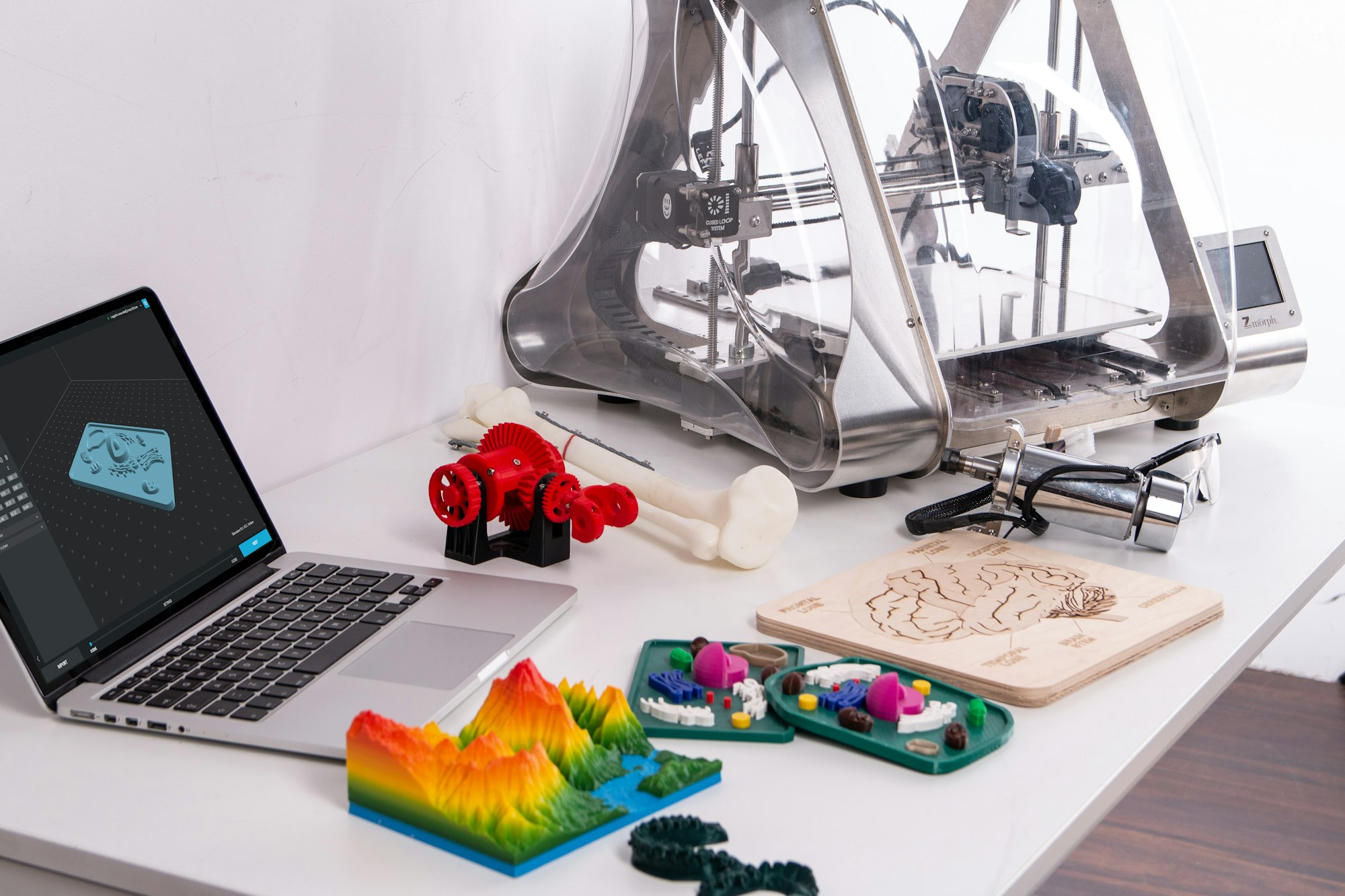Technologies That Help Advance Medicine
Discover the technologies that have become beneficial in the healthcare industry. How these technologies have helped patients and doctors?
For several years now, medicine and technology have worked hand in hand. Constant development in the medical field and pharmaceuticals have helped in saving millions of lives and improving the others as well. As time goes by, we have seen continuous improvement in healthcare due to new technology, hence, it is difficult to predict what will be the next medical advances. The following are some technologies that help advance medicine.
Virtual Reality

Virtual Reality is not really new, in fact, it has been around for quite some time. Just like a patient portal, it allows you to gain information about your health. Nowadays, it’s essentially used for treating and managing different types of psychological illnesses and conditions including autism, dementia, anxiety, stress, and many more. However, it is not only capable of treating mental health conditions, since it can also be used for pain management by modifying the patients’ understanding and perceptions about pain.
Furthermore, Virtual Reality has provided improvements on the training procedures for medical professionals, since it gives them the chance to explore and go deeper into the human body. In addition, it can also help doctors in diagnosing because it allows patients to virtually get inside the panoramic view of their body, so they can get to know more about their disease or condition. There is still a lot of potential for VR, but for now it focuses more on medical advancements including surgery, cancer therapy, assistive living, rehabilitation, and preventive healthcare.
Artificial Intelligence

One of the most interesting technologies that definitely changed the healthcare industry is Artificial Intelligence. To keep your data secure while using AI, you should find your perfect monthly VPN. AI has proven to be one of the most effective tools when it comes to early detection of diseases and faster confirmation of accurate diagnosis. For instance, using AI to review mammograms is 99% accurate and 30 times faster. This means that biopsies may not be needed anymore. AI can also be used for managing early-stage heart disease, so healthcare providers can uncover any potential life-threatening problems at an early stage where it can still be treated. AI can also assist clinicians in developing more comprehensive treatment solutions to help patients in dealing with their conditions more effectively.
AI is also valuable in life sciences and one of its latest applications is drug research and discovery. AI can simplify the drug discovery procedure by developing more effective ways of discovering and repurposing medicines in order to reduce the time it takes to promote a new drug and minimize their costs.
mRNA Technology
Recently, mRNA technology has been the main focus since this science is used for producing new vaccines for Covid-19. Based on a study, mRNA vaccines decouple SARS-CoV-2 immunity. With its capability for rapid development, high effectiveness, and potentially low production costs, these mRNA vaccines could be the best alternative to traditional vaccines. mRNA, which stands for messenger ribonucleic acid, is a type of RNA molecule that stores the genetic information from DNA. So, how does it work? mRNA vaccines provide a genetic code to cells so they can generate viral proteins. After these proteins have been produced, then your body can now generate an immune response.
Due to the successful production of Covid-19 mRNA vaccines, efforts are now being made to create other types of mRNA vaccines for cancers, Zika virus, and other illnesses and conditions. It is believed that mRNAs potential goes beyond just vaccines. mRNA has the capability to code any kinds of protein, hence, the same concept can also be used for developing other kinds of treatments by encouraging the body to generate a drug-like response. Most protein-based drugs like antibodies produced outside the body are proven to be highly effective, but at the same time, they are also very expensive. Therefore, the application of mRNA technology can significantly reduce the development times and costs since you are letting your body produce the proteins instead.
3D Printing

Undoubtedly, 3D printers have become one of the most popular technologies available on the market right now. These cutting edge printers play a significant role in healthcare since they can be used for producing implants and joints for surgery. In fact, 3D-printed prosthetic arms are created for amputees in Ukraine. 3D-printed prosthetics are more in demand these days since they can be completely customized, with its digital functionalities allowing them to match the personal measurements down to the millimeter. As a result, there will be total comfort and mobility.
Another application that is gaining more momentum right now is the use of 3D printing for presurgical planning. With the use of a realistic duplicate of an actual patient’s anatomy, surgeons can now attempt to do some procedures which they have not done before. By being able to plan and train for a complicated surgery before doing the actual procedure, there is a great potential for its success. Likewise, it can also reduce the time spent in the operating room and in recovery.


